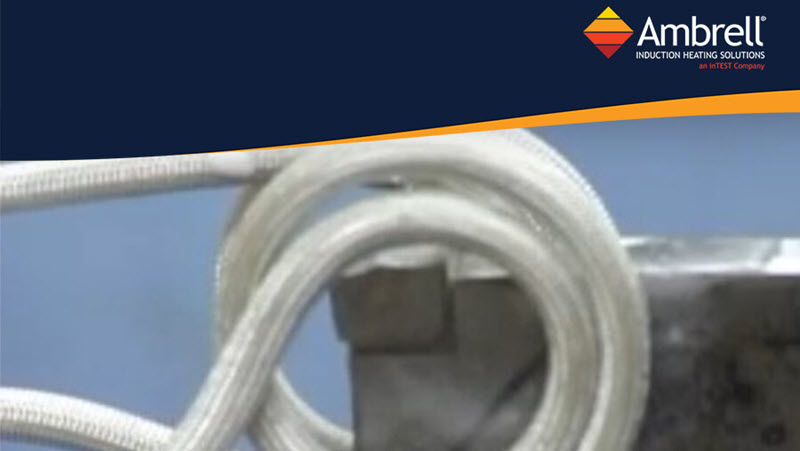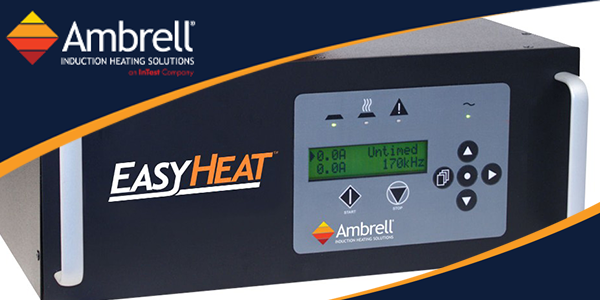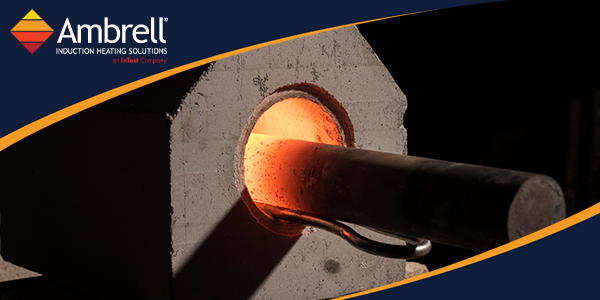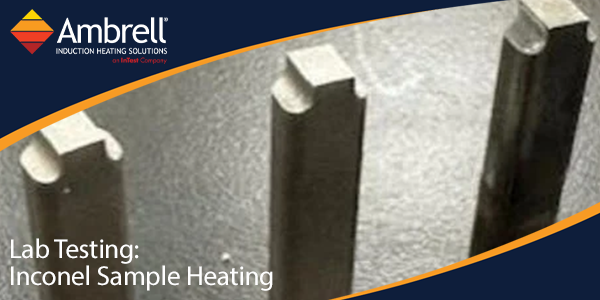Removing Rubber Bonded to Steel Using Induction Heating
Objective Removing rubber that has been permanently bonded to steel or other ferrous substrates can be a challenging and time consuming process....
Processes
Processes: More
Processes: More

Industries:
Industries: More
Industries: More
Industries: More

Products:
Products: More
Services:
Services: More

Learn:
Learn: More
About:


Companies turn to carbide tipping to enhance the durability and performance of cutting tools. Traditional heating methods often have drawbacks in terms of efficiency, precision, and safety. That has helped make induction heating a preferred heating method for the application.
Induction heating is a process that uses electromagnetic induction to heat electrically conductive materials. By passing an alternating current through a coil, a magnetic field is generated. When a conductive material is placed within this field, eddy currents are induced in the material, resulting in the generation of heat.
Induction heating allows for precise temperature control, ensuring ideal conditions for the brazing process. This results in stronger, more reliable joints.
The fast heating capabilities of induction systems significantly reduce cycle times, increasing productivity and throughput.
By focusing heat directly on the workpiece, induction heating minimizes energy loss, leading to lower operating costs.
Induction heating systems offer consistent results, reducing the risk of defects and improving product quality.
Induction heating is a flameless process, eliminating the hazards associated with traditional heating methods like torches.
As an environmentally friendly technology, induction heating reduces emissions and waste.
Induction heating can be used for a wide array of carbide tipping applications, accommodating different workpiece sizes and shapes.
Carbide-tipped tools used in these industries, such as drill bits, milling cutters, and turning tools, benefit greatly from induction heating's precision and efficiency.
Induction heating has emerged as a preferred method for carbide tipping, offering numerous advantages over traditional heating techniques. By providing precise control, speed, efficiency, and safety, induction heating has become a critical tool for manufacturers seeking to enhance their carbide tipping processes. Learn more about carbide tipping and carbide heating on our website.

Objective Removing rubber that has been permanently bonded to steel or other ferrous substrates can be a challenging and time consuming process....

In defense manufacturing, there is little margin for error. Components must meet exacting specifications, perform reliably in extreme environments,...

Overview When working with high-performance alloys like Inconel, achieving precise, repeatable heating is critical—especially in research and...